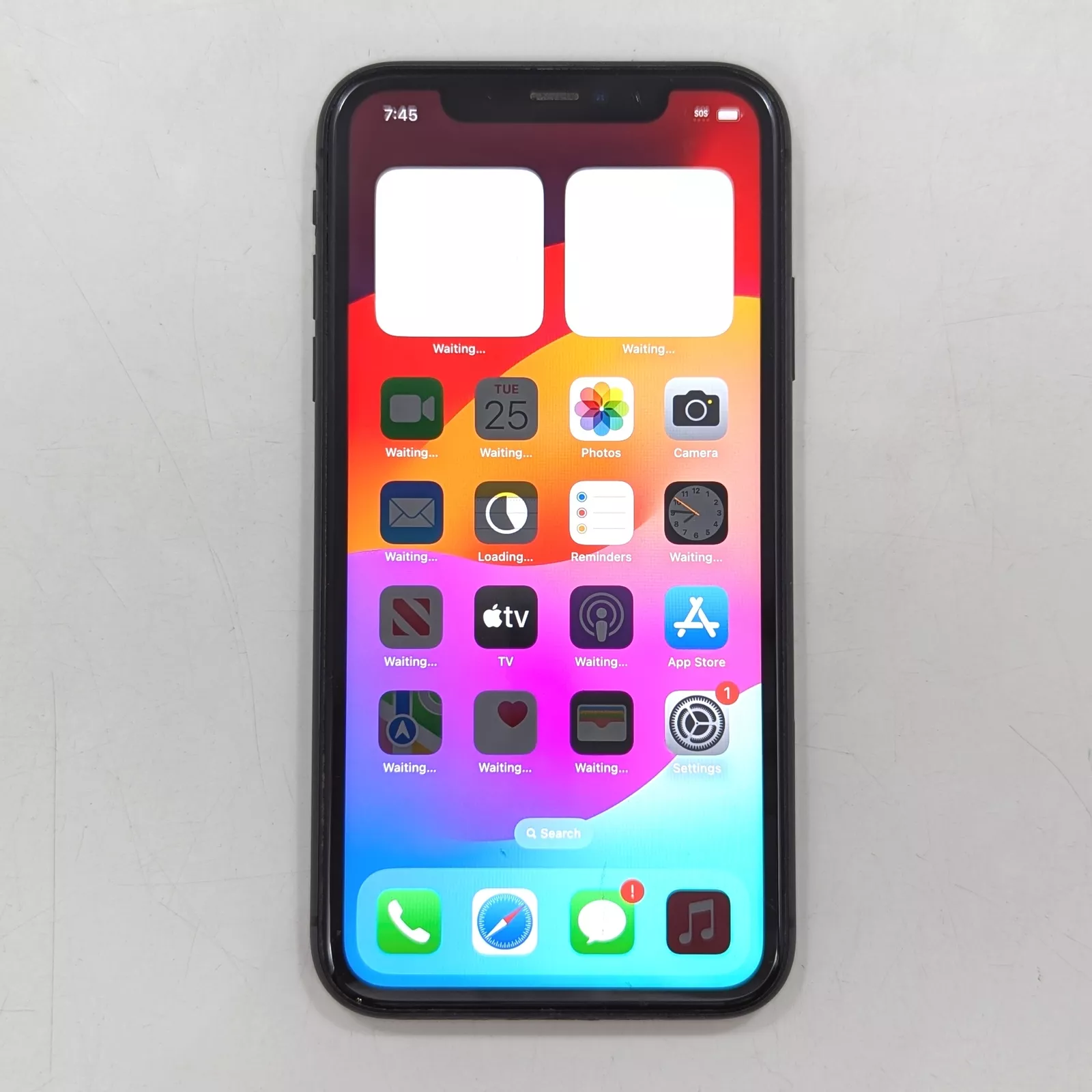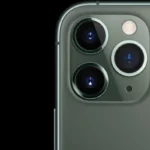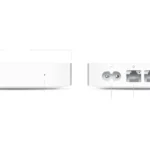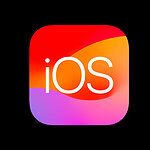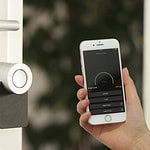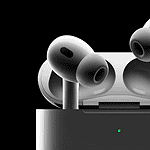The iPhone 11 came out in 2019 and was popular for its balance of performance and price. Now, in 2024, people are wondering if it’s still a good choice. The phone is getting older and has some drawbacks like older hardware, a less capable camera, limited software support, and declining battery life. However, it still has a good chip and a decent camera for basic functionality. People who don’t need the latest features might find the iPhone 11 meets their needs. It’s cheaper than the newest models but still performs well. It seems to be a good option for practical users who want essential functionality without the high cost of the latest models – especially if you can find a deal on a used one.
But the big issue is that iOS 18 (which will technically support the iPhone 11 and iPhone 11 Pro series) is headed more and more towards Ai based features. Those Ai features will not be supported on the iPhone 11 series. In future iOS releases, we can expect more of the same when it comes to iOS updates – the features will just be too much for the hardware of an iPhone 11 series phone to handle. So if you’re buying a phone today, you might as well get a more modern one with better hardware so that you don’t get phased out of software updates right away. For that reason alone we would strongly recommend getting an iPhone 13 or newer if you don’t care about Ai functionality or going with an iPhone 15 Pro series (or newer when the iPhone 16 is available) if Ai and Apple Intelligence is important to you.

iPhone 11: A Retrospective in 2024
Older Hardware Shows Its Age
The iPhone 11, released in 2019, is starting to feel a bit outdated. Its A13 Bionic chip, while still capable, can’t match the speed and efficiency of newer models like the iPhone 14 or 15. This means slower performance, especially with demanding apps or games.
Camera Capabilities Lagging Behind
The iPhone 11’s camera system was impressive in its time, but it can’t compete with the advancements in newer iPhones. Features like Cinematic mode, ProRes video, and improved low-light photography are absent. If you’re serious about mobile photography or videography, you’ll find the iPhone 11 lacking.
Software Support Has an Expiration Date
Apple is known for providing long-term software updates, but the iPhone 11’s days are numbered. It will likely stop receiving major iOS updates within the next year or two. This means you’ll miss out on new features, performance improvements, and security patches, making your device more vulnerable over time.
Battery Life Isn’t Ideal
The iPhone 11’s battery life was never stellar, and it only gets worse as the battery ages. You’ll likely find yourself needing to charge your phone more often, especially with heavy usage. This can be inconvenient and limit your daily use.

Price vs. Value Proposition
While the iPhone 11’s price has dropped since its release, it might not be the best value option anymore. Newer models offer better performance, features, and longer software support for a slightly higher price. Consider exploring refurbished or slightly older models like the iPhone 12 or 13, which offer a better balance of price and features.
Alternatives to Consider
| iPhone Model | Advantages | Disadvantages |
|---|---|---|
| iPhone 12 | Better chip, improved camera, longer software support | Slightly more expensive |
| iPhone 13 | Even better chip, camera, and battery life | More expensive than iPhone 12 |
| iPhone SE (3rd gen) | Affordable, powerful chip, compact design | Smaller screen, single camera |
Conclusion: Time to Upgrade?
If you already own an iPhone 11 and it’s still working fine for your needs, there’s no rush to upgrade. However, if you’re considering buying one in 2024, it might not be the wisest choice.
Key Takeaways
- The iPhone 11’s performance is robust for its age, but doesn’t have a long future.
- It remains a cost-effective alternative to newer models.
- Longevity and software support contribute to its continued relevance.
Product Overview and Performance
The iPhone 11 remains competitive in 2024 with its blend of performance and design. Users looking for a smartphone that balances cost with capabilities may find it appealing.
Design and Display
The iPhone 11 features a durable design with a glass and aluminum build, making it both sturdy and stylish. Its 6.1-inch Liquid Retina LCD provides clear and vibrant visuals. While it lacks an OLED display, the color accuracy and brightness still meet everyday needs.
Hardware Specifications
Apple’s A13 Bionic chip powers the iPhone 11, delivering reliable performance for general use and gaming. Storage options include 64GB, 128GB, and 256GB, with no option for expansion. It supports 4G but not the faster 5G networks. Battery life is robust, and users can expect a full day of usage.
Camera System
The dual 12MP cameras on the rear capture sharp images and offer Night Mode for low-light situations. The wide and ultra-wide lenses work together for landscape shots and close-ups. With HDR support, the photos have excellent detail. The 12MP front camera ensures selfies are high quality, and portrait mode adds depth to your shots.
Purchasing Considerations
When buying an iPhone 11 in 2024, think about its price, software, and connectivity. These aspects determine if the phone meets your needs and budget.
Price Comparison and Value
The iPhone 11, launched in 2019, often costs less than newer models like the iPhone 12, 13, or 14. If your budget is tight, the iPhone 11 offers a good mix of performance and features for the price. Its A13 chip and dual-camera system with a 12MP wide and ultra-wide lens still serve most users well. While it may not have the latest design, it keeps up with many smartphones in basic tasks.
- iPhone 11: Affordable, good performance
- iPhone 12/13/14: Higher price, more features
Software and Ecosystem
Apple is known for long-term software support. The iPhone 11 started with iOS 13 and can still run the latest iOS 17 thanks to regular updates from Apple. These updates keep the phone safe and add new features. The ecosystem is strong, so your phone works well with other Apple products. Accessories and Apple’s customer service are also part of Apple’s ecosystem.
- iOS version support: Up to iOS 17
- Ecosystem benefits: Compatibility with other Apple devices, access to customer service
Connectivity and Future Proofing
The iPhone 11 has LTE but no support for 5G connectivity. If you do not need the fastest internet speeds, this phone may still suit you. It supports Wi-Fi 6, NFC for Apple Pay, and has Dual SIM with eSIM options. While it does not feature the latest Bluetooth version, its existing capabilities support a solid user experience. For future proofing, consider that the lack of 5G might limit the phone’s longevity.
- 5G connectivity: Not supported
- Wi-Fi/Bluetooth/NFC/Dual SIM: Supported

